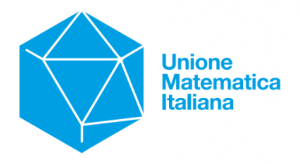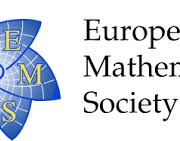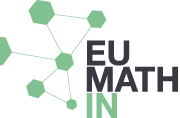Mathematics and Digital Science
A letter from the EMS president: Mathematics and Digital Science
(https://ec.europa.eu/digital-agenda/en/content/mathematics-and-digital-science)
Groups audience:
Consultations for new e-Infrastructure topics in Horizon 2020
“I could never have gone far in any science because on the path of every science the lion Mathematics lies in wait for you.” Clive Staples LEWIS
Mathematicians work on the important practical issues of our era and their work impacts nearly every area of science, engineering and technology. Today, the abundance of data on social, technical, economic, ecological, and technological systems will need novel mathematical tools so that these data can help us tackle pressing societal challenges.
This online consultation aims to explore how mathematics can help science to better address the Big Data and high performance computing (HPC) challenges.
This consultation will stay open till 30 September 2014 and will gather opinions about:
- The role of mathematics in big data. Could new mathematical methods (from e.g. topology, stochastic, probability theory etc.) help Europe fully profit from available data and solve main problems in data sciences? What methods can mathematics contribute to the data challenges? How can mathematicians, politicians, businesses and society best work together in making use of data to tackle important societal challenges?
- The role of mathematics in HPC, in particular exascale computing. In the light of the changes imposed on computing due to the data deluge: How can mathematicians help Europe advance towards data-centered HPC?
- The role of e-infrastructures in maths. Could e-infrastructures help resolve the biggest challenges in maths? How e-infrastructures could help mathematicians manage the existing level of complexity of mathematical problems in ways that are not feasible today and may result in significant scientific breakthroughs? What are the needs in terms of specific e-infrastructure services?
- The impact of applied and industrial mathematics on innovation. How can we maximise it?
- The preparation of the FET Proactive (HPC) and/or the e-Infrastructure Work Programmes 2016-17 under the Excellent Science pillar of Horizon 2020. Do you have a concrete proposal for a topic linked to this discussion to be included in the next work programmes?
- Other suggestions for new mathematics related topics to be discussed online or in an upcoming workshop, including new practices in mathematics that could be stimulated by e-infrastructure and online collaborative media. Please suggest!
Background papers:
European Research Infrastructures (including e-Infrastructures) Work Programme 2014-2015,
Communication “High-Performance Computing: Europe’s Place in a Global Race”
To join this discussion:
– subscribe to the group (create an ECAS login if you do not have one yet) though the consultation web-page;
– then “log in” (link on top of the page) and enter your contribution in the “Add new comment” box, at the very bottom of the page.
You can also participate by commenting on submitted ideas and/or voting for them.
If you have any questions about the process please send it to the unit mailbox.




